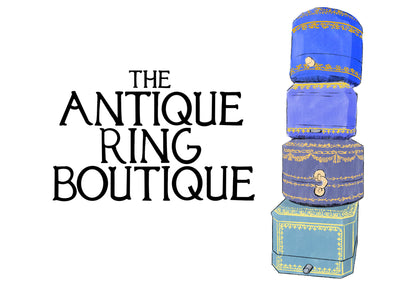The deep purple of amethyst is one of the most distinctive colours of any stone, unrivalled in its richness. This extraordinary colour is the result of a combination of iron and other metals within its crystal structure, and natural irradiation within the earth. The resulting hue has given amethyst a long-standing affiliation with wine, and was thought to protect against intoxication - in fact, its very name derives from the Ancient Greek 'amethystos', simply meaning 'not drunk'. Elsewhere its beauty has taken on a more spiritual significance, commonly used for prayer beads in Tibet, and being used as a protective talisman in battle in medieval Europe. Traditionally, the best amethyst was mined in Siberia, with these stones exhibiting an extremely deep, bluish purple. Up until the 18th century, amethysts rivalled sapphires, emeralds and rubies in value, but the discovery of large deposits in Brazil gradually brought this extraordinary stone to a wider audience. As quartz, amethyst is a relatively hard stone, at 7 on the Moh's scale, and is perfectly suitable for daily wear in protective settings, and is also the birthstone for the month of february.
